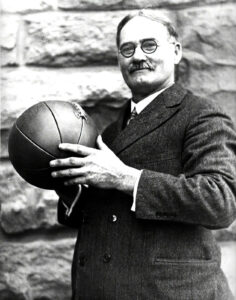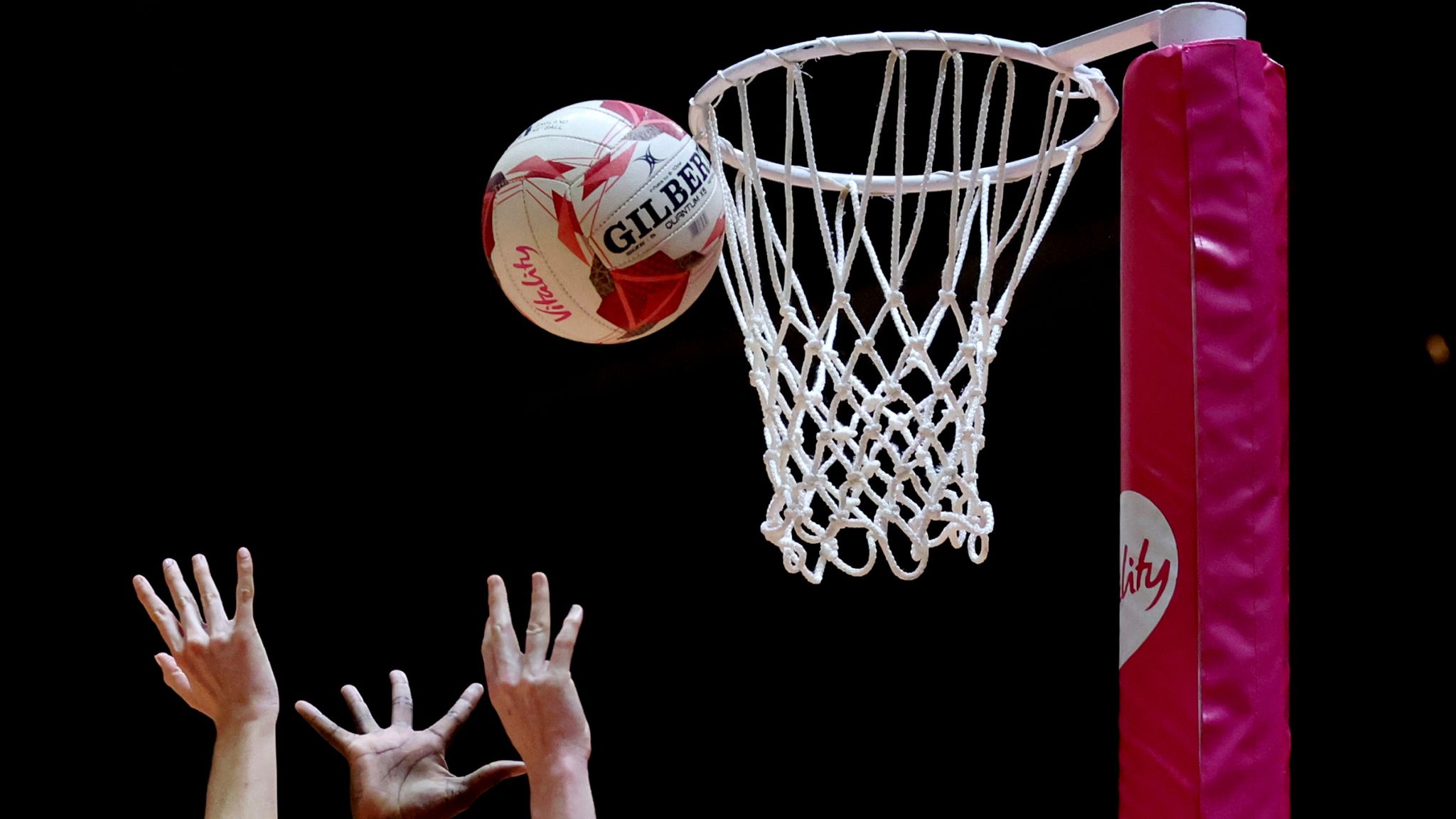Netball, a dynamic and fast-paced sport beloved by millions worldwide, has a rich history that spans over a century. Originally derived from basketball, netball has evolved into a distinct and popular game in its own right, capturing the hearts of players and fans alike. Let’s delve into the fascinating history of netball and how it has evolved into the sport we know today.
Origins and Early Development
Netball traces its origins to basketball, which was invented by Dr. James Naismith in 1891. In the late 19th century, women in England adapted the rules of basketball to create a non-contact version suitable for their physical education classes. This modified game quickly gained popularity in schools and became known as women’s basketball or netball.

Establishment of Rules and Governance
The rules of netball continued to evolve throughout the early 20th century, with various organizations in different countries adopting their own versions. In 1924, the first codified rules of netball were established by the All England Women’s Netball Association (AEWNA), which later became the All England Netball Association (AENA). These rules laid the foundation for the standardized gameplay that is recognized globally today.
Spread Across the Globe
Netball gained momentum internationally, spreading to Commonwealth countries such as Australia, New Zealand, Jamaica, and South Africa. Each region contributed its own unique style and strategies to the game, leading to diverse playing techniques and a rich cultural heritage within netball.
Recognition and Evolution
Throughout the mid-20th century, netball continued to grow in popularity and professionalism. International competitions emerged, such as the Netball World Cup, first held in 1963, which further elevated the sport’s profile on the global stage. The International Netball Federation (INF), founded in 1960, has played a pivotal role in promoting and governing netball worldwide, ensuring standardized rules and facilitating international competitions.
Modern Netball
In recent decades, netball has undergone significant modernization and adaptation. The rules have been refined to enhance the pace and excitement of the game while maintaining its core principles of fair play and teamwork. Professional leagues have emerged in various countries, offering opportunities for elite players to compete at the highest level and inspiring a new generation of netball enthusiasts.
Conclusion
As we celebrate the history of netball, it’s clear that this sport has come a long way from its humble beginnings. From its origins as a schoolyard game to its status as a global phenomenon, netball embodies the spirit of athleticism, competition, and community. Whether played recreationally or competitively, netball remains a testament to the enduring power of sport to unite, inspire, and empower individuals worldwide.



